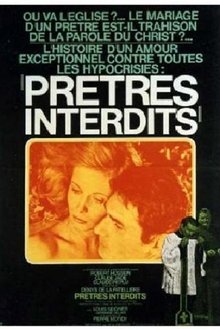Related Movies
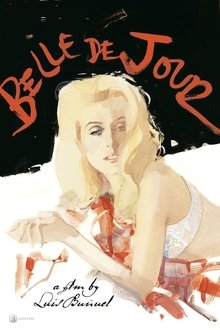
Belle de Jour (1967)
Beautiful young housewife Séverine Serizy cannot reconcile her masochistic fantasies with her everyday life alongside dutiful husband Pierre. When her lovestruck friend Henri mentions a secretive high-class brothel run by Madame Anais, Séverine begins to work there during the day under the name Belle de Jour. But when one of her clients grows possessive, she must try to go back to her normal life.
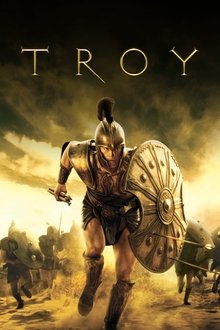
Troy (2004)
In year 1250 B.C. during the late Bronze age, two emerging nations begin to clash. Paris, the Trojan prince, convinces Helen, Queen of Sparta, to leave her husband Menelaus, and sail with him back to Troy. After Menelaus finds out that his wife was taken by the Trojans, he asks his brother Agamemnon to help him get her back. Agamemnon sees this as an opportunity for power. They set off with 1,000 ships holding 50,000 Greeks to Troy.

The Tin Drum (1979)
In 1924, Oskar Matzerath is born in the Free City of Danzig. At age three, he falls down a flight of stairs and stops growing. In 1939, World War II breaks out.

The Great Dictator (1940)
Dictator Adenoid Hynkel tries to expand his empire while a poor Jewish barber tries to avoid persecution from Hynkel's regime.
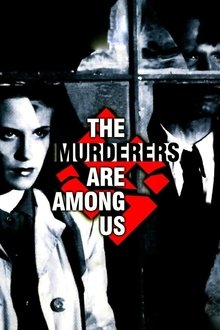
The Murderers Are Among Us (1946)
After returning from a concentration camp, Susanne finds a traumatized ex-soldier living in her apartment in bombed out Berlin. Together the two try to move past their experiences during WWII.
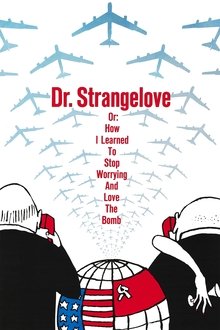
Dr. Strangelove or: How I Learned to Stop Worrying and Love the Bomb (1964)
After the insane General Jack D. Ripper initiates a nuclear strike on the Soviet Union, a war room full of politicians, generals and a Russian diplomat all frantically try to stop it.
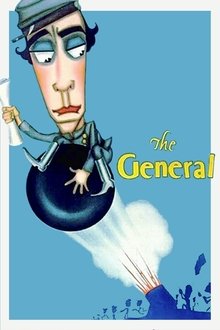
The General (1926)
During America’s Civil War, Union spies steal engineer Johnny Gray's beloved locomotive, 'The General'—with Johnnie's lady love aboard an attached boxcar—and he single-handedly must do all in his power to both get The General back and to rescue Annabelle.

Paths of Glory (1957)
A commanding officer defends three scapegoats on trial for a failed offensive that occurred within the French Army in 1916.
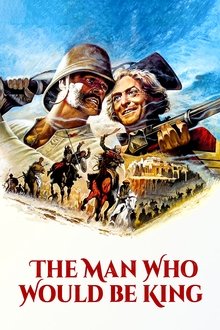
The Man Who Would Be King (1975)
Tired of life as soldiers, Peachy Carnehan and Danny Dravot travel to the isolated land of Kafiristan, where they are ultimately embraced by the people and revered as rulers. After a series of misunderstandings, the natives come to believe that Dravot is a god, but he and Carnehan can't keep up their deception forever.
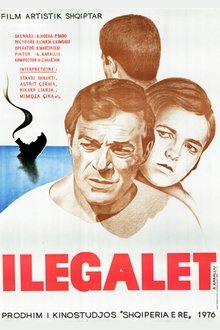
The Illegals (1976)
During World War II, an Italian agent tries to infiltrate the Albanian guerrilla units under the identity of 'engineer Tosti'.
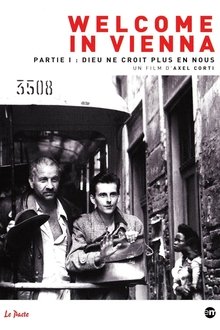
God Does Not Believe in Us Anymore (1982)
After his father is murdered by the Nazis in 1938, a young Viennese Jew named Ferry Tobler flees to Prague, where he joins forces with another expatriate and a sympathetic Czech relief worker. Together with other Jewish refugees, the three make their way to Paris, and, after spending time in a French prison camp, eventually escape to Marseille, from where they hope to sail to a safe port.
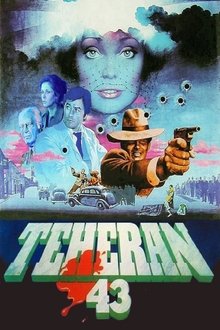
Teheran '43 (1981)
This story starts in 1980 in Paris as the memories of Andrei Borodin, a Soviet agent, take the action back to 1943 during the Teheran meetings of Stalin, Roosevelt and Churchill. A high-ranking Nazi officer developed a plan to assassinate the three world leaders in order to undermine the Allied forces. He commissioned the German agent Max Richard to carry out his plan, but it failed miserably due to the quick action and thinking of Andrei. While in Teheran, Andrei met a French woman, Marie Louni, living in the city and they had a brief but intense affair. Nearly four decades later, the Nazi officer has been captured - but not for long. Freed by terrorists, the officer is hunting down the German agent who failed to carry out the planned assassinations. Max lives at Françoise, a young French woman, who hides him.
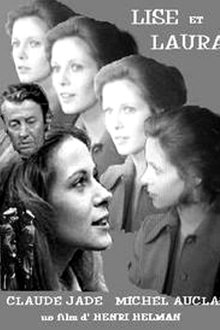
Lise and Laura (1982)
Laura lives in a Hotel in Britanny and meets there an old man. Laura looks like his wife Lise, who's killed by the Gestapo...
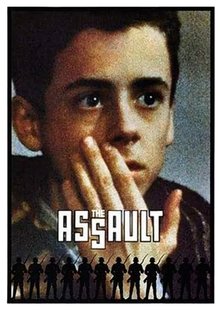
The Assault (1986)
At the end of WWII the Dutch resistance kills a German officer in front of the house of a Dutch family. Years after the war the young boy who witnessed the killing runs into the members of the resistance who committed the killing.
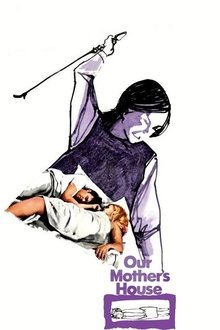
Our Mother's House (1967)
Seven children bury their mother and hide her death - until their long-lost father returns.
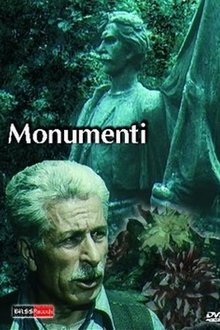
The Monument (1977)
An old gardener tends for the flowers during the war. Nazis ask him for flowers for their dead.
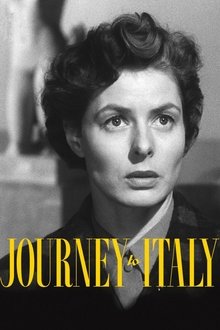
Journey to Italy (1954)
Married for eight years with no children, Brits Katherine and Alex Joyce are driving to Italy, their ultimate destination just outside of Naples to sell the villa they have just inherited from his uncle, the villa where they will be staying during their time there. On the drive, they come to the realization that this trip marks the first time that they have truly been alone together, and as such don't really know one another in the true sense.

Amira & Sam (2014)
Sam, a soldier who had served in Afghanistan and Iraq, meets Amira when he visits her uncle, Bassam, who had served as Sam's Iraqi translator. Bassam and Sam have a special bond due to their time together in the war. Initially Amira does not trust him because he was an American soldier and her brother was killed by a bomb from American troops in the war. Sam's cousin, Charlie, asks Sam to help him with illegal hedge funds unbeknownst to Sam at the time. Amira is staying with her uncle Bassam since her father died. She sells bootlegged films on the street corner but is forced to stay with Sam after getting busted; immigration officials begin pursuing her. As the film progresses, Sam and Amira fall in love.
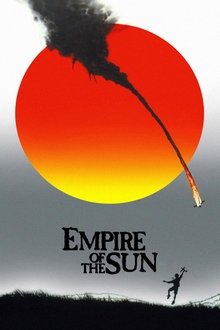
Empire of the Sun (1987)
Jamie Graham, a privileged English boy, is living in Shanghai when the Japanese invade and force all foreigners into prison camps. Jamie is captured with an American sailor, who looks out for him while they are in the camp together. Even though he is separated from his parents and in a hostile environment, Jamie maintains his dignity and youthful spirit, providing a beacon of hope for the others held captive with him.
